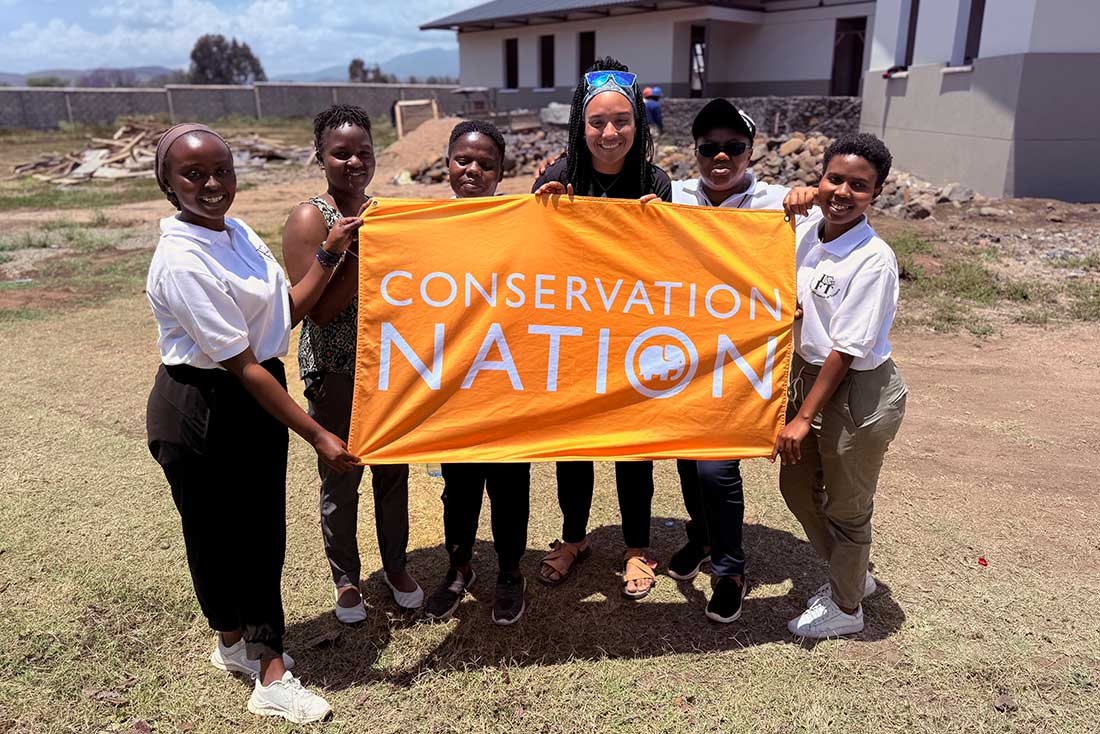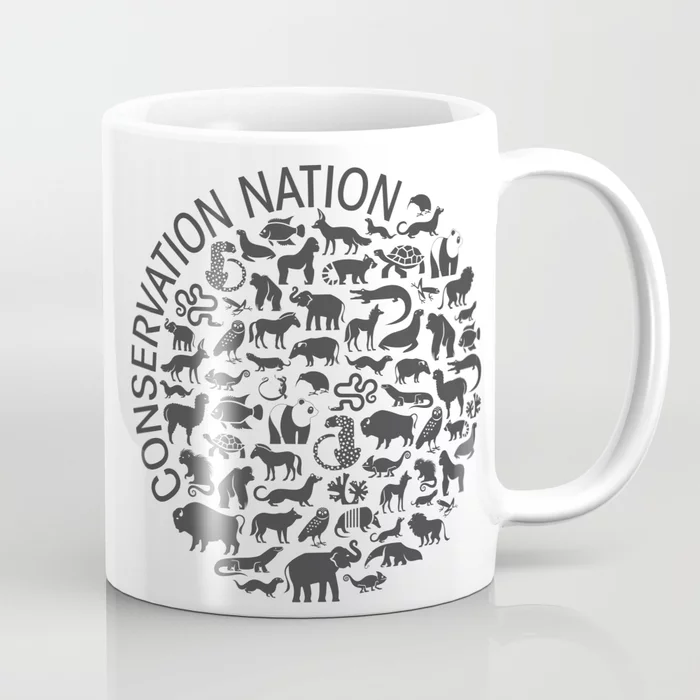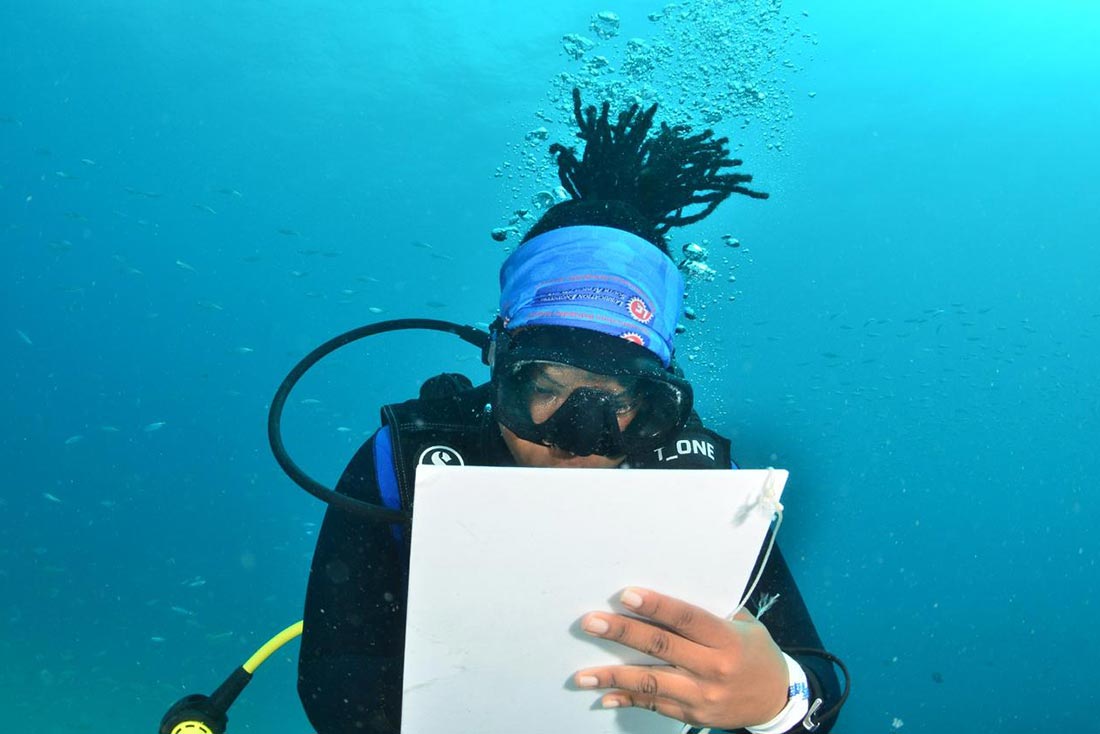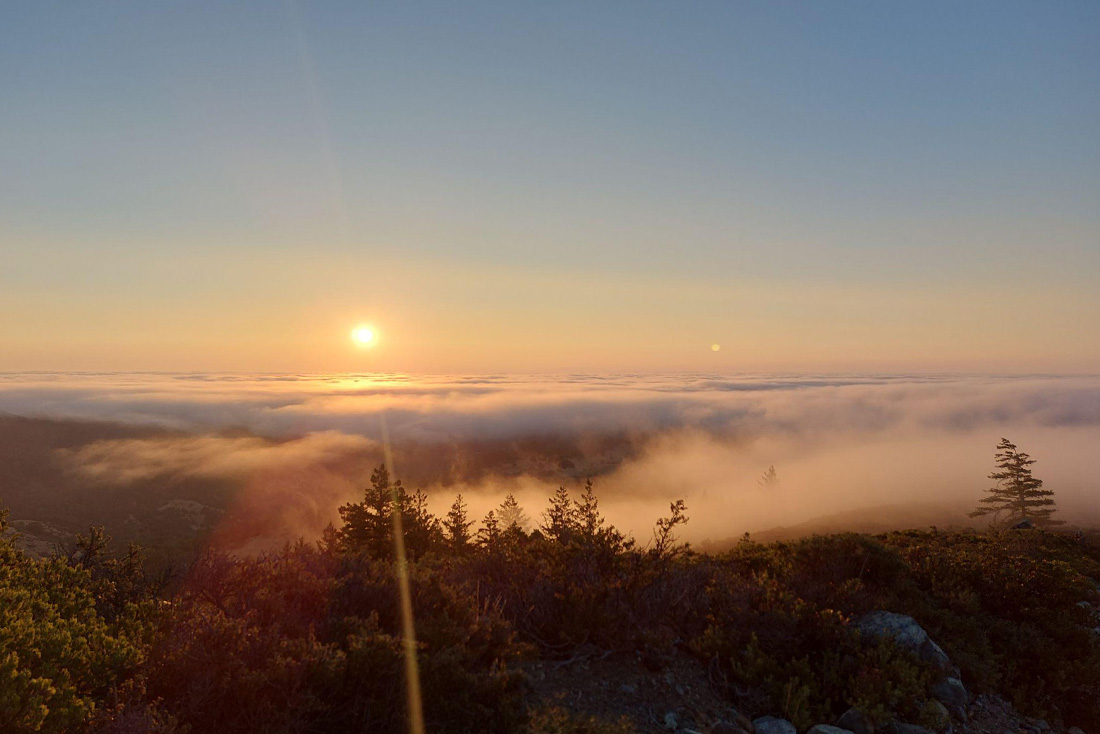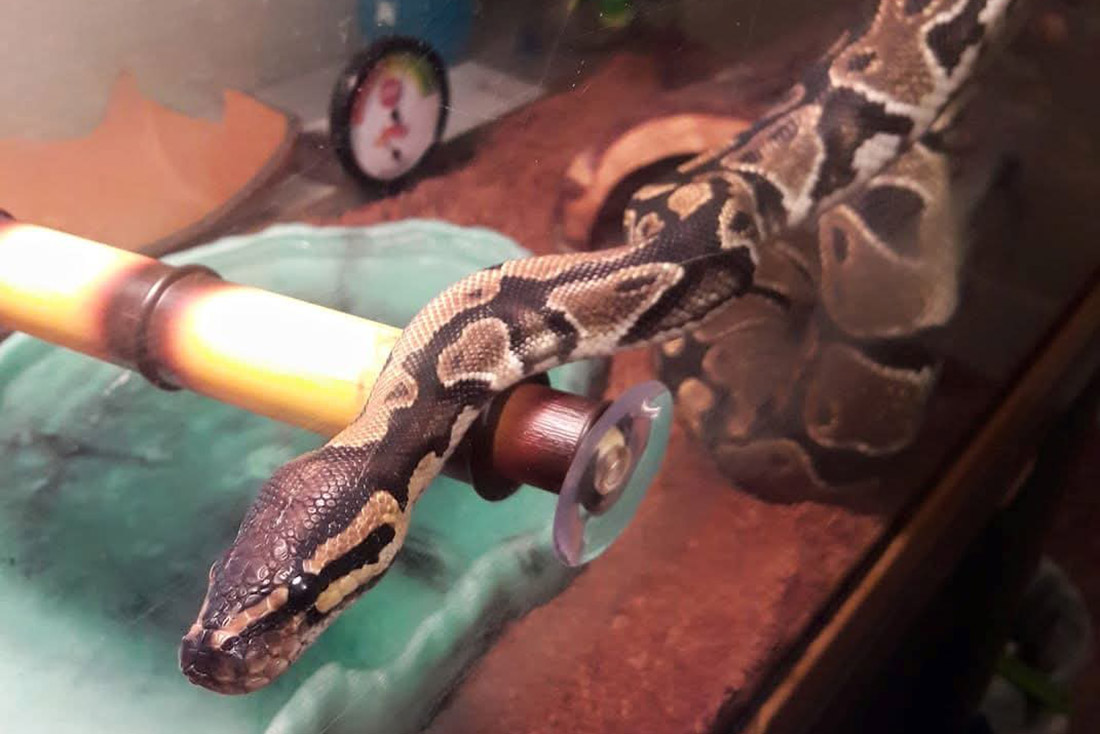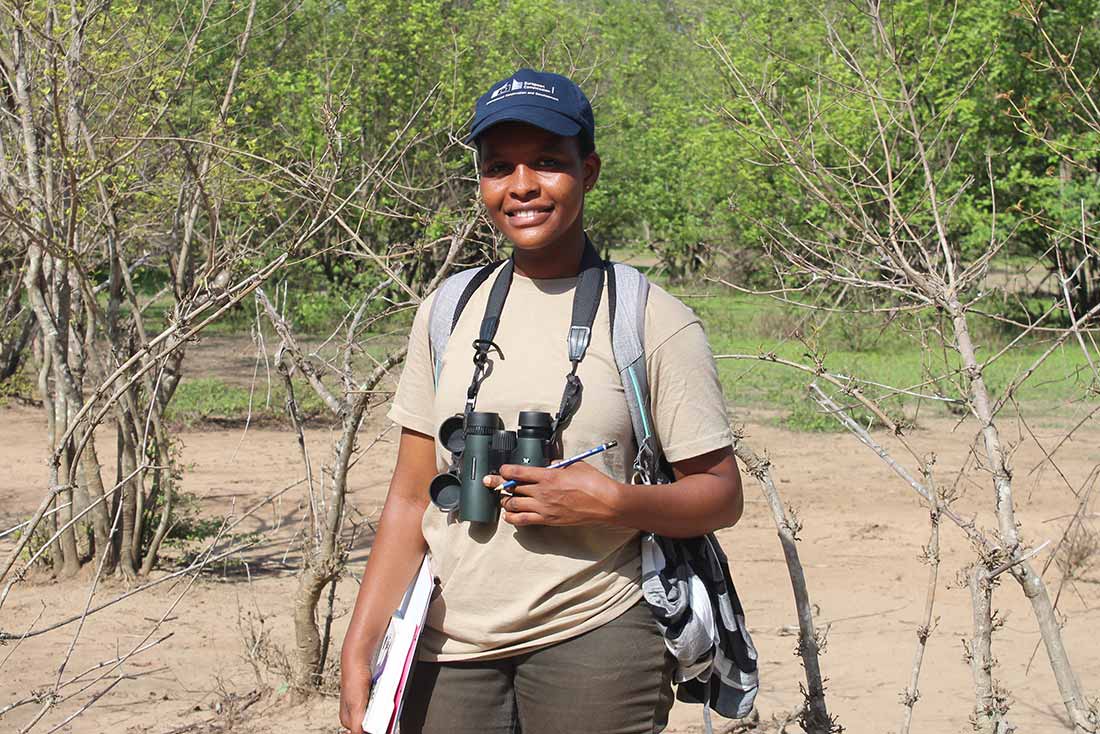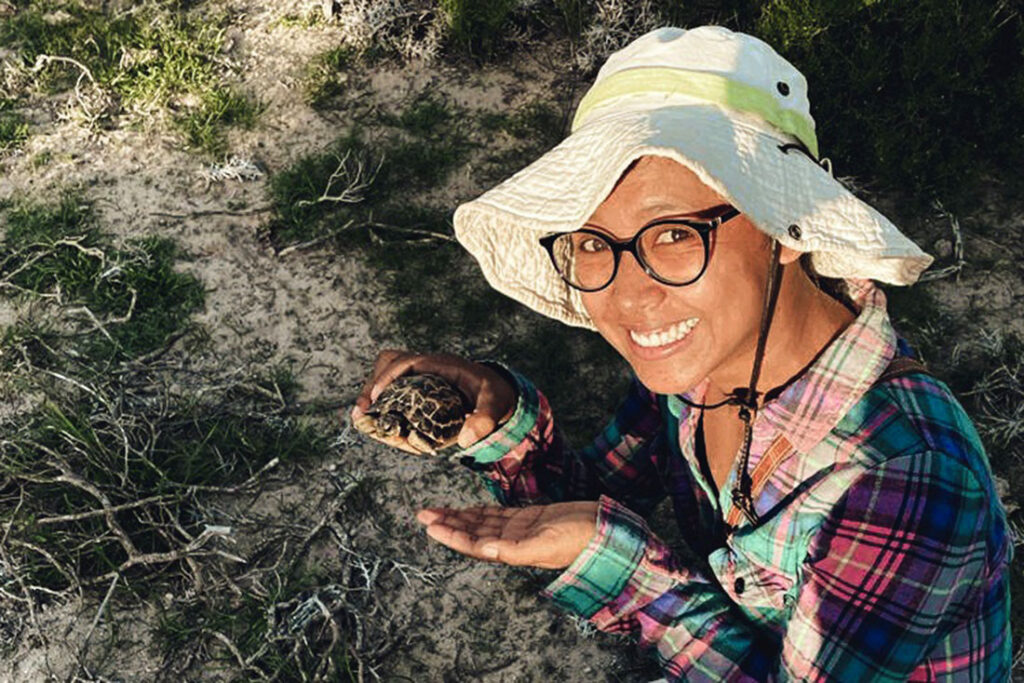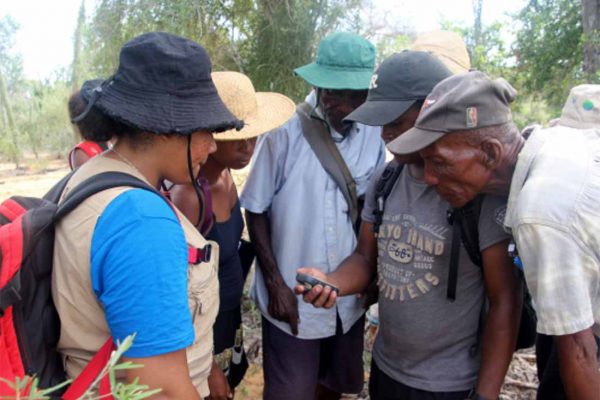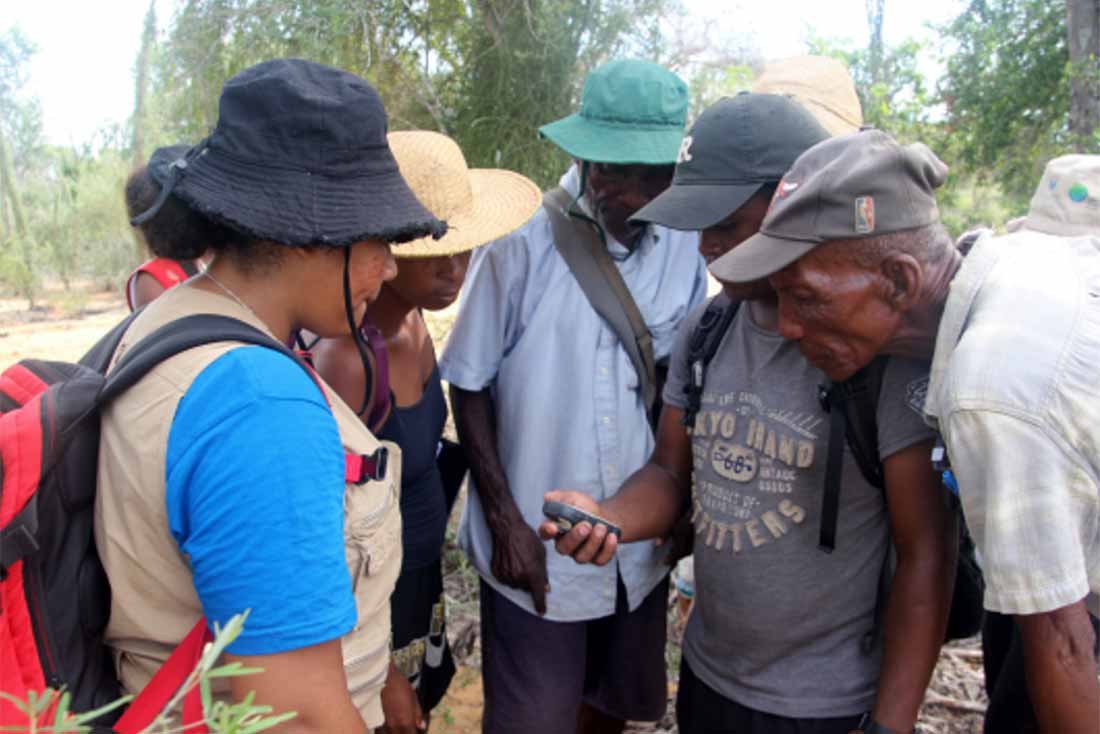Ny Aina Tiana Rakotoarisoa is one of Conservation Nation’s 2023 conservationist grant winners. She has spent more than a decade working in conservation in Madagascar, a country with extremely high biodiversity that is under constant threat of extinction.
She received her doctor in veterinary medicine and science from Madagascar’s University of Antananarivo in 2015, and then earned her MS in conservation medicine from Tufts University in 2023. In the meantime, she gained experience both in classrooms and in the field. She completed a train-the-trainer program, participated in conservation workshops, and served as a veterinarian and researcher.
Currently, Ny works as the founder and executive director of Women Rise Wildlife Research, a Madagascar-based non-profit focused on conservation and bringing Malagasy women into the research field by addressing gender-based violence.
Ny brings a wealth of experience to the Conservation Nation grantee program, and we’re so excited to work with her!
Empowering Communities for Sustainable Biodiversity Conservation in the South of Madagascar
Ny’s project focuses on the endemic species of Madagascar, primarily the lemur and tortoise. Madagascar is a biodiversity hotspot, but faces challenges that need to be addressed. Habitat degradation and fragmentation, for instance, are occurring at an alarming rate.
Ny plans to launch a comprehensive and long-term survey and monitoring program of lemurs, tortoises, and other animals, using a community-based approach. Ultimately, her project will strengthen the local community’s ability to conserve these incredible animals and support Madagascar’s biodiversity.
The locals will learn to survey and monitor wildlife species, ultimately compiling a list of different animals found in local forests. This list will be the foundation of a long-term conservation strategy for Madagascar’s endemic species – a strategy that will be implemented by the communities that live in the area.
Importantly, half of the local trainees will be women, promoting gender equality and inclusivity among the fledgling conservationist population. This is a huge win for diversity – and biodiversity!

